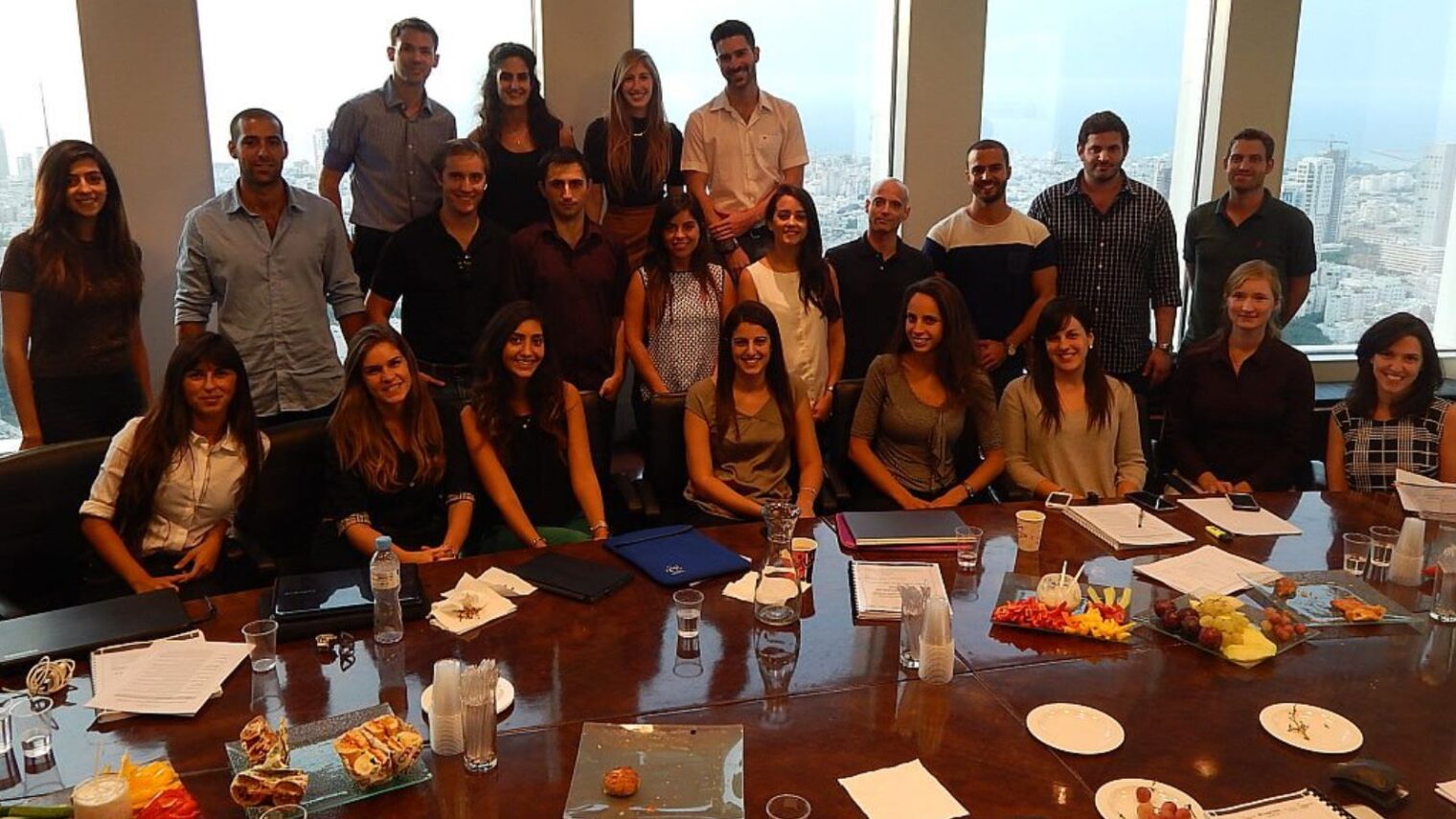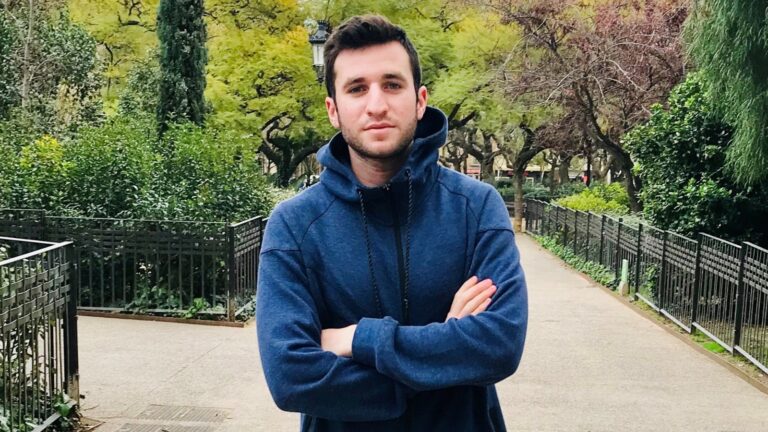Alon Moreshet is excited about the beta launch of his startup Guiderr, an online platform matching travelers with local tour guides who share their interests. The concept could not have become a reality, he tells ISRAEL21c, without free legal assistance from the IDC Legal Clinic for Start-Ups.
The first clinic of its kind in Israel has a unique social twist: It gives priority to social ventures and to entrepreneurs from underserved populations such as new immigrants, women, residents of peripheral areas, minorities (ultra-orthodox Jews, Arabs and Druze) and people from low socio-economic backgrounds.
Started two years ago at IDC Herzliya, a private university, the clinic is recruiting its third batch of clients until October 20. Services are provided by 18 selected third-and fourth-year law students under the supervision of attorney Assaf Ben-David.
Two partner law firms — Barnea & Co. and Pearl-Cohen — give additional pro-bono assistance if needed. Additional online services soon will include a new mentor program and document templates downloadable for free or at subsidized rates.
About a year ago, Moreshet saw a Facebook ad for the clinic’s informational event for early-stage startups. He went and got helpful tips from representatives of six law firms, and then applied for a spot in the clinic.
“I’m from the Golan Heights, so I’m far from the high-tech scene and didn’t know how to start and who to approach,” he says. “The clinic’s staff helped our team figure out our goals and the legal documents that needed to be done, like registering the company, the privacy statement for our website and all the legal agreements between my partner and me and between us and our employees.
“For the documents we didn’t finish during that year, they connected us with another lawyer to continue what they started, also pro bono until we get funding. Without the clinic’s help it would have cost me so much I couldn’t have afforded to do it,” says Moreshet.
The first two cohorts each included 10 core clients and another 10 walk-ins that received help with specific issues. The clinic runs from November till early August, Ben-David tells ISRAEL21c.
“We also hold one or two events for about 100 entrepreneurs during the year,” he says. “When people hear about our service, they are positively surprised to hear that such services exist – for free – and we are extremely happy to provide them.”
The clinic was established with the support of attorneys Roger Gladstone and Dan Nir.
Gladstone tells ISRAEL21c: “As a lawyer with a background in investment banking, I saw an opportunity to create a win/win whereby the students and startup companies would both benefit by meeting each other’s needs. Students get hands-on real-life legal experience and the entrepreneurs get free legal advice.
“The startups we serve are people without the resources or relationships to find this legal guidance. … I believe our legal clinic has a special multiplier effect whereby future lawyers get exposure to the underserved and entrepreneurs hopefully begin to employ people through growth of their business and catch on to the philosophy of giving back.”
Someone to turn to
Among other clients are an Arab woman and Israeli man developing a technology that encourages children to buckle their seatbelts by connecting the clicked belt with a mobile game they can’t play unbuckled; two ultra-Orthodox entrepreneurs working on an interactive maps app; and two students from southern Israel creating an anti-spam app.
Daniel Winer, cofounder of Orchim LeShabbat — a voluntary social startup offering a platform where people can host or request a Shabbat meal in Israel – came to the IDC Legal Clinic for Start-Ups for advice on filing suit against a company that didn’t follow through on its commitment to develop an app. But it also gave him guidance on other issues, such as liability protection for hosts.
“We started in 2013 as a neighborhood project for Holocaust survivors, and it grew to include young students, new immigrants, lone soldiers, and newcomers to neighborhoods. We have 9,500 people signed up across Israel,” Winer tells ISRAEL21c.
“We’d done a successful Kickstarter fundraiser and we had money and volunteers but hadn’t done any of the legal work behind it. I needed someone I could turn to for advice and to clue us in to things we didn’t even realize we needed.”
The clinic told Winer and his cofounders what legal documents and contracts they needed, gave them direction and strategy, and then helped them implement the plan.
“Every time a legal question comes up I give Assaf a call,” says Winer. “They’re very responsive, friendly and methodical. We’re all volunteers and we couldn’t have paid legal fees, so our growth would not have been possible without the clinic.”
For more information, click here.
















